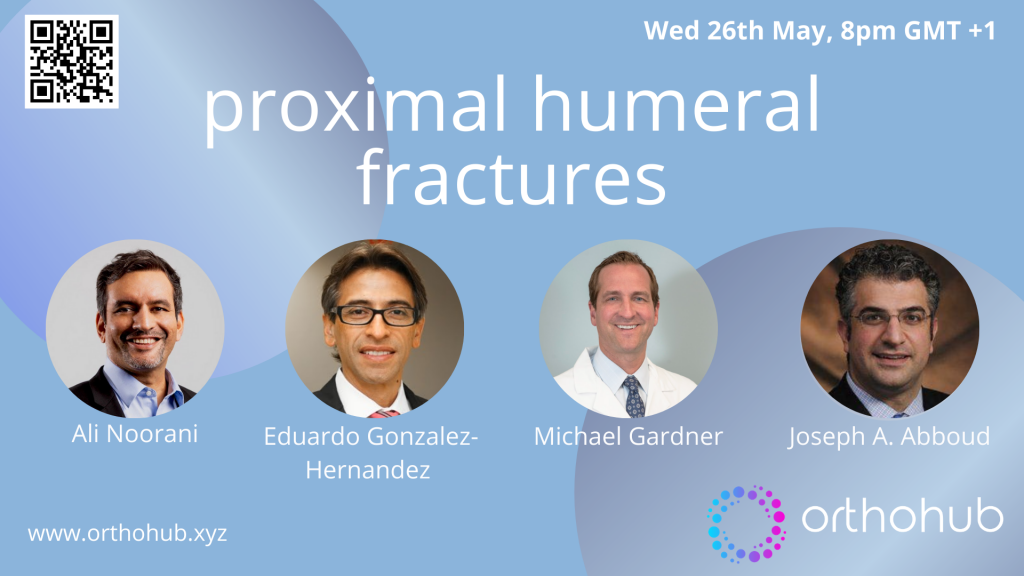Dr. Gardner specializes in orthopaedic trauma surgery, and treating all aspects of fractures of the upper extremity (except the hand), lower extremity, and pelvis, as well as nonunions and malunions. He joined the faculty at Stanford in 2016, and is currently Chief of the Orthopaedic Trauma Service and Vice Chair of Clinical Operations. Prior to coming to Stanford, Dr. Gardner was an orthopaedic trauma surgeon at Washington University in St. Louis for the previous 7 years. He completed his residency training at the renowned Hospital for Special Surgery in New York. During that time, he also completed a one year research fellowship in the HSS Biomechanics Laboratory. He then completed an Orthopaedic Trauma fellowship at Harborview Medical Center in Seattle, WA, where he honed his expertise in treating patients with complex fractures
His contributions and recognition in the field of orthopaedic surgery have culminated in invitation and participation in many national and international activities. He has been a grant reviewer for the Department of Defense, is on the editorial board of Journal of Orthopaedic Trauma, and is a reviewer for multiple other major orthopaedic journals. He has also been actively involved in the Orthopaedic Trauma Association, where he has served on the Annual Meeting Program Committee, the Research Committee, and the Publications Committee. He has been a Visiting Professor at many institutions around the country and around the world, presenting on cutting edge concepts and techniques for treating various fractures. He has published over 180 scientific articles publications, 38 book chapters, and edited 5 textbooks on mastering advanced surgical techniques in fracture surgery. The current focus of his research and practice is optimizing functional outcomes after sustaining a fracture. During his career, he has trained over 100 young surgeons in the art and science of orthopaedic surgery.
Contributions:



